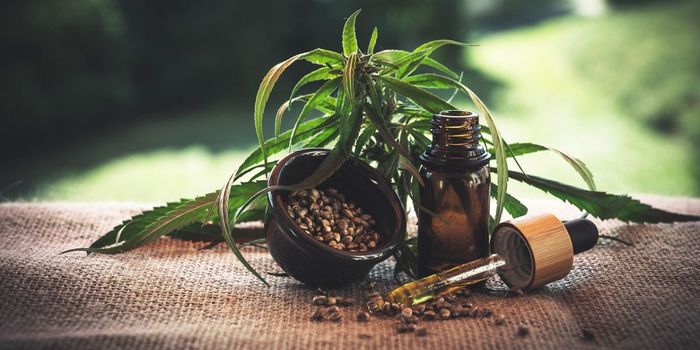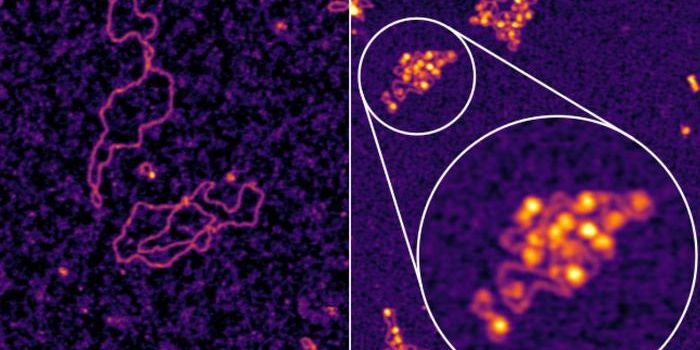Hot Tea and Cancer: Is There a Connection?
Sitting down to a lovely cuppa tea can be a relaxing break from the daily grind; however, some drinkers might want to think twice about hot tea. A new piece of research from China looked at tea drinkers who consumed the beverage at a very hot temperature. Their results showed that there was nearly a five-fold increase in the risk for esophageal cancer in tea drinkers who also drank alcohol to excess and smoked cigarettes.
The study had a large group from which to draw data with over 450,000 participants. The study was conducted by scientists from the National Natural Science Foundation of China and National Key Research and Development Program. The data was sorted out from the China Kadoorie Biobank (CKB) study, which includes health information and blood samples from 510,000 citizens in 10 diverse geographical areas of China. For the research on tea and throat cancer, the team eliminated participants who already had a diagnosis of cancer and who had quit smoking or reduced their alcohol and tea consumption. China has one of the highest rates of esophageal cancer in the world, and Chinese men are more likely to smoke and drink alcohol as well as hot tea, so the data set was carefully selected to ensure the results would reflect real risk and not just coincidence.
The study followed participants, who ranged in age from 30 to 79, for an average of 9 years. In the participants who drank a lot of hot tea, alcohol and were smokers, the risk of developing esophageal cancer was five times that of participants who did not drink tea or alcohol and did not smoke. Participants who were not heavy alcohol users and did not smoke, there was no increase in cancer prevalence. The combination of hot liquids, the chemicals found in cigarette smoke and excessive alcohol consumption was the perfect storm when it came to cancer risk.
According to the World Health Organization's International Agency for Research on Cancer, esophageal cancer cases are increasing, and it's a kind of cancer that has poor survival rates. It is the eighth most common cancer worldwide, with an estimated 456,000 new cases in 2012 and the sixth most common cause of death from cancer with an estimated 400,000 deaths worldwide each year. About 80% of cases are in countries that are less developed and have fewer options for health care and health education. Jun Lv is a professor in the Department of Epidemiology and Biostatistics at Peking University and is a lead author on the study. CNN quoted Lv as saying, "Drinking hot tea contributed to cancer only when it clustered with smoking and drinking alcohol excessively."
One of the limits of the study was that participants did not use a thermometer to measure the temperature of their tea, but instead described it as "warm," "hot" or "burning hot." As for alcohol use, that was defined in the study as being about the same amount of alcohol as is found in a 12-ounce glass of beer. Tobacco intake was set at one or more cigarettes a day. The researchers suggested that smokers and those who drink more than just occasionally might want to cut back on the hot tea, to lower their risk.
Sources: American College of Physicians, Annals of Internal Medicine, CNN









